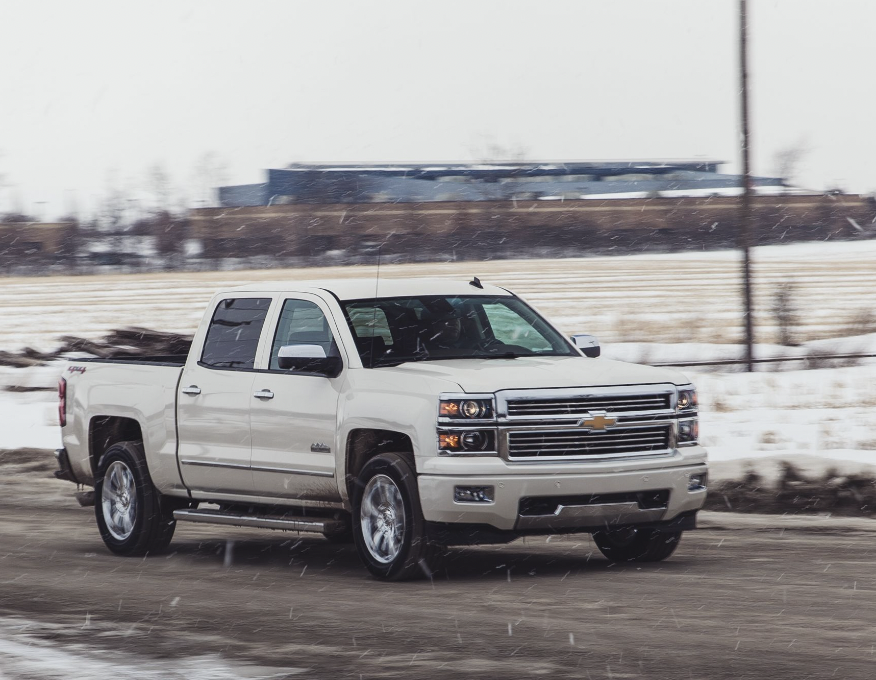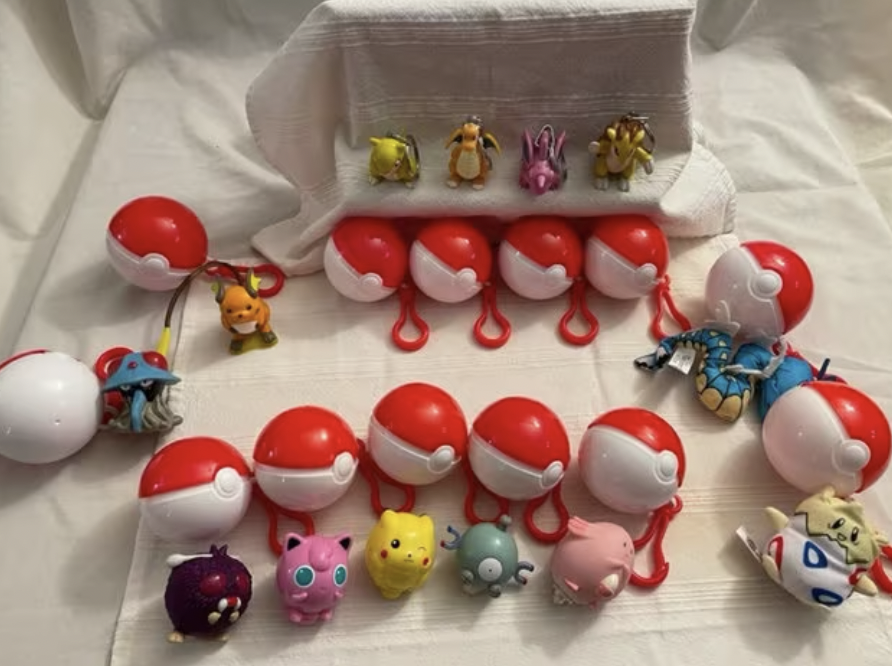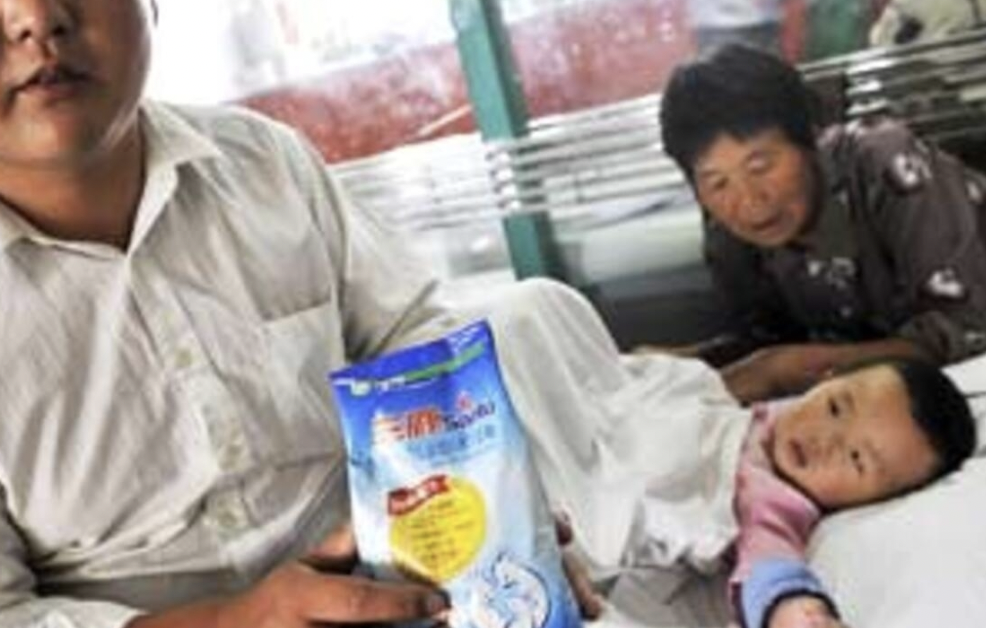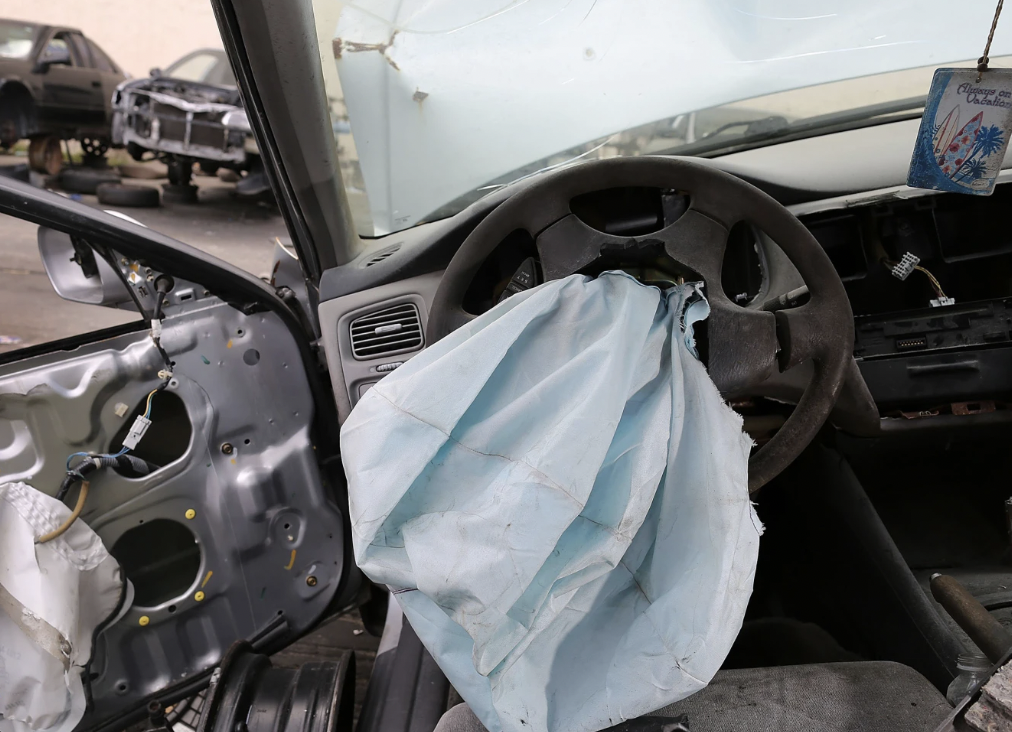Companies often prioritize profits over safety, but regulations and the fear of scandal usually keep them in check. However, there have been numerous instances where companies have made deadly errors. For instance, the beloved children’s snack Lunchables was recently discovered to contain alarming levels of lead and other heavy metals.
This means that a significant number of kids raised in affluent suburban households may now face lead poisoning. Sadly, Lunchables is just one of many products with excessive lead content. Explore this and 17 other hazardous products that pose serious risks to your health.


The Ford Pinto had its gas tank in the rear, meaning even small crashes could result in deadly fires.

Stanley water bottles were found to have measurable levels of lead.

Johnson & Johnson’s Tylenol. In 1982 seven people died after having Extra-Strength Tylenol laced with cyanide. The company was forced to implement a 100 million dollar recall.

The tires on old Ford Explorers would randomly explode after a certain number of miles. The thing is, because early SUV’s had a super high center of gravity, when the tire exploded, the Explorer would immediately flip over. This typically happen at 60+ mph, and those things were not safe to begin with.

Johnson & Johnson covered up the presence of asbestos in some samples of its talc-based baby powder. It settled a 4.7 billion dollar lawsuit.

Johnson & Johnson covered up the presence of asbestos in some samples of its talc-based baby powder. It settled a 4.7 billion dollar lawsuit.

Microplastics are so common, scientists can’t find anyone without them to measure their effects. But they can’t be good.

Toyota recalled 8.1 million vehicles after a poorly designed floor mat caused numerous stuck accelerators. The company lost billions, and at least 89 people lost their lives.

It is estimated that leaded gasoline has caused around 900 million deaths, and lead poisoning still kills 900,000 people a year.

In 2009 the Peanut Corp. of America, which included brands like J.M. Smucker’s and Jif, caused a salmonella outbreak that killed nine people. They are now out of business.

GM was forced to recall over 30 million cars in 2014 after a faulty ignition switch cost over 120 lives.

The Samsung Galaxy Note 7 turned out to be much more flammable than phones are supposed to be. (They’re not supposed to be flammable.)

Aqua Dots were a kids toy that were covered in some chemical that would cause coma or seizures if swallowed.

The Federal Pacific electrical panels are breaker panels that where installed in houses for decades in North America and had a breaker failure rate of around 60%. That means 60% of the breakers they made wouldn’t trip at the required currents or at all, causing massive fire hazards. If you have a Federal Pacific panel have it replaced before it burns down the property.

The Burger King pokeballs that could suffocate young children by getting suction-stuck over the mouth and nose.

The 2008 baby formula recall in China. Some company officials tried to boost the protein level of a brand of baby formula by adding melamine. 6 babies died and over 50k were hospitalized.

Takata Air Bags. Used at some point by almost all major auto makers, these airbags are known to throw deadly shrapnel into drivers’ faces on deployment. Not what you want in an airbag. The 37 million vehicle recall is still ongoing, and has cost 24 billion dollars to this point.

Boeing planes, namely the 737 Max 8. Read the news.
 Barnorama All Fun In The Barn
Barnorama All Fun In The Barn
Tylenol should not be on this list. There were a few bottles someone tampered with (poisoned) AFTER it was on the shelves of retailers. Do your research.